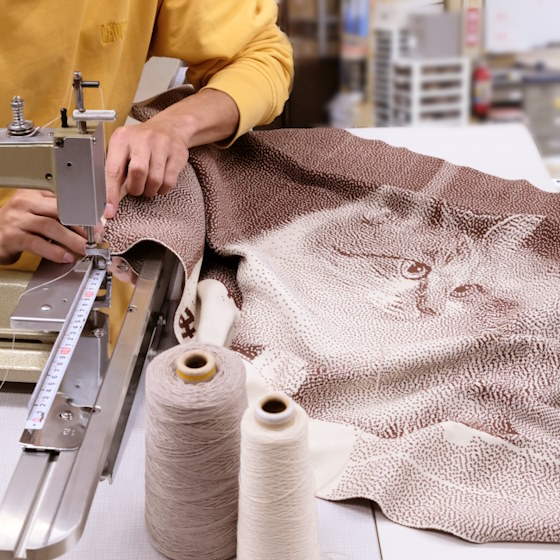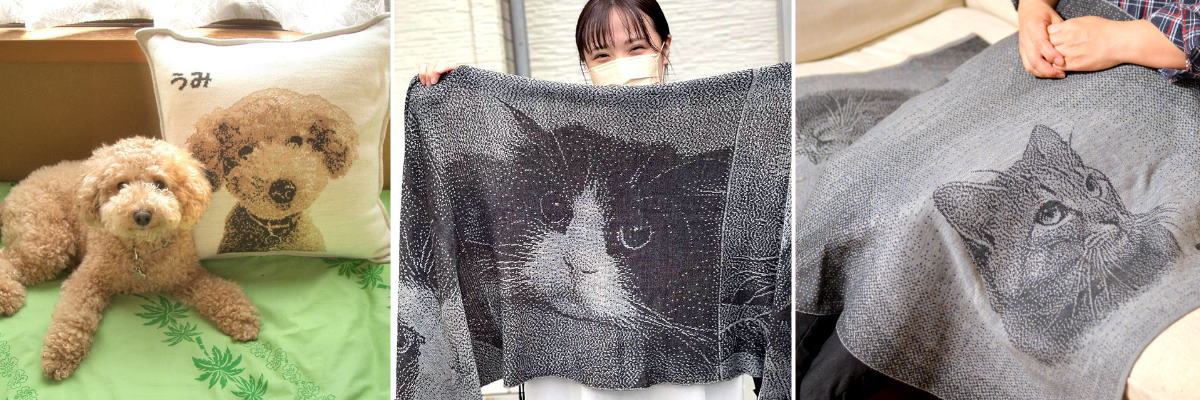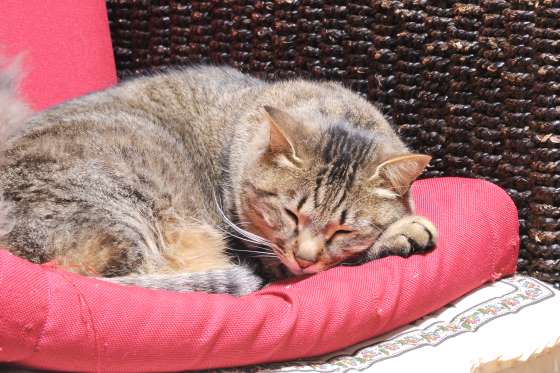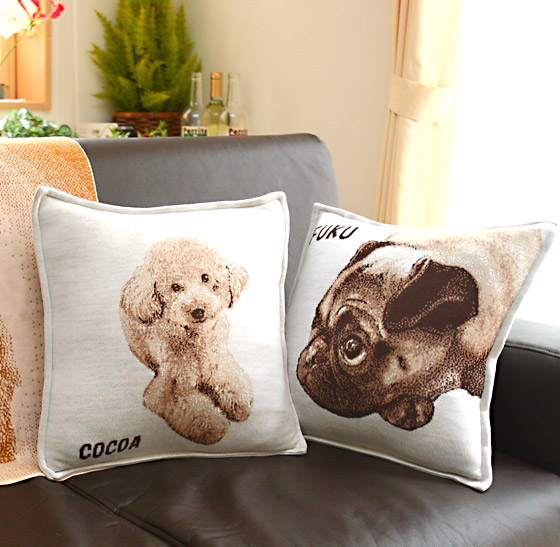Losing a beloved pet can cause a deep and lasting pain—one that, in my experience, never fully goes away.
Even now, more than ten years after saying goodbye to my dog, I still miss him dearly. And when I think of the cat I lost five years ago, I sometimes find myself overwhelmed with tears. The love we feel for our pets doesn’t fade easily, and neither does the grief when they’re gone.
If you’re reading this, you may be going through the pain of losing your pet right now. Or perhaps someone close to you—a friend or family member—is struggling with pet loss and you’re wondering how to help.
I once found myself in such a difficult emotional state that I had to seek help from a mental health professional. The doctor told me that most people begin to feel better after about two weeks following a painful event. But for many of our customers, the grieving period lasts much longer—sometimes for months or even years.
The truth is, there’s no fixed timeline for healing. The journey through pet loss is deeply personal, and everyone processes grief in their own way.
Why Pet Loss Grief Can Last So Long—and How to Begin Healing
Over the years of speaking with our customers, I’ve started to notice a few common reasons why some people struggle with prolonged grief after losing a pet. You might relate to one or more of these:
- You had no one to talk to about your loss.
- Your closest family or friends didn’t understand your pain.
- You never allowed yourself to cry.
Are you someone who has been hiding your sadness deep inside?
If so, I encourage you to reach out to someone you trust. Just sharing your feelings can be the first step toward emotional healing.
Maybe someone said something hurtful to you while you were grieving.
I’ve experienced that too—and I know how much it can sting.
People who seem “strong” often keep their emotions tightly controlled. But even just a few minutes a day of being honest with your own feelings can help you start to heal.
When you give yourself permission to grieve, you might find that the pain begins to ease—even if just a little.
Sometimes, it’s the smallest emotional knot, quietly tugging at your heart, that needs to be untangled before you can breathe a little easier.
So please remember:
- It’s okay to lean on someone.
- It’s important to recognize how hard you’ve been trying.
- You are not to blame.
- And your pet, now gone, would want you to remember them with love and gratitude.
Making time for these small acts of self-compassion can gradually soften the pain—and help your heart begin to feel light again.
Related articles
Why pet loss lasts so long / Self-analysis to recover
Examples of how gifting pet memorial goods to others has helped them feel better
More Than Just a Knitted Cushion—The Heart Behind My Work

As I create custom pet designs by knitting yarn, I also listen to the stories of those grieving the loss of a beloved animal companion.
After delivering an order, I often receive heartfelt messages from customers—emails, letters, even phone calls—to say thank you.
Reading their words, I sometimes wonder if my true role isn’t just to make cushions, but to be someone who listens. Someone who understands.
Many people share that receiving the knitted cushion helped them find a bit of strength again.
Some say it gave them the push they needed to start moving forward, even while still carrying the pain.
Yes, I make cushions—but more than that, I do my best to create something that can offer emotional support and comfort, even in a small way.
One customer told me that after struggling for years with grief, just one cushion brought them back to life.
Moments like that remind me how deeply meaningful this work is—and how important it is to continue doing it with care and heart.
Thank you for listening to me.
I couldn’t talk to anyone about this until now.
My family gave me the cushion as a gift.
Seeing the cushion made me cry for the first time.
And that’s okay.
The pain of losing a pet will last a lifetime.
And that’s okay.
I feel the same way.



